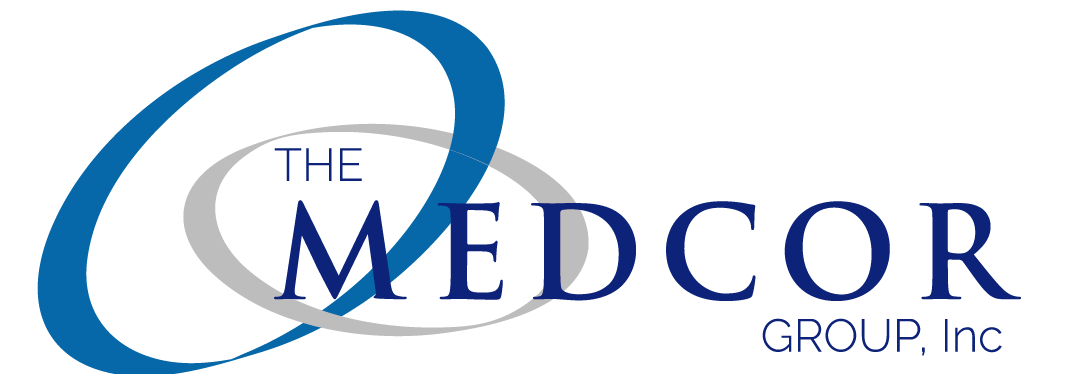At a recent NACHC Conference, we saw Girish Kumar Navani, CEO and co-founder of eClinicalWorks, speak about Artificial Intelligence (AI) and its many applications in the healthcare sector. Of course, we’re particularly interested in the impact AI is having on medical billing and revenue cycle management (RCM). It’s heady stuff, with endless possibilities to streamline the billing process and improve reimbursements.
However, we also hear from many FQHC Executives who feel overwhelmed and adrift in a sea of tech buzzwords like AI, machine learning, and process automation. In this post, we’ll explore the nuances of these tech innovations and how they can impact your center’s revenue cycle.
Better Understand Automation, AI, and Machine Learning.
Automation, also known as Robotic Process Automation (RPA), became widespread with the advent of electronic health records and paperless billing. Automation solutions for RCM may be part of or an integrated add-on to your Electronic Health Records (EHR) billing platform. RPA uses a system of pre-determined rules to automate and standardize repetitive billing tasks like data entry, authorization checks, and claim status checks. RPA can improve efficiency and reduce error across the board, but it does have limitations. Much like an EHR system, only some automation solutions work well for FQHCs. When considering automation, whether on your own or through an RCM partner like Medcor, be sure the system can accommodate the specific rules/ needs of FQHC billing.
AI is actually an umbrella term that refers to using technologies to build machines and computers that mimic the cognitive functions associated with human intelligence, enabling them to reason, learn, make suggestions, and even act to solve complex problems. This intelligent learning is what sets AI apart from automation. We must tell Automation what to do. It can identify issues and alert you, but someone has to create a rule telling it what to look for. This still leaves us relying on humans who are, of course, prone to errors.
Machine learning is a subset of AI that enables a machine or computer to learn and improve from experience. Instead of pre-defined programming, machine learning uses algorithms to analyze large amounts of data, learn from the insights, and make informed decisions. As the algorithms are exposed to more data, they are continually “trained,” resulting in better performance over time.
Automation, AI, and Machine Learning, Impact on Revenue Cycle Processes.
Faster Claims Processing—All of these technologies can reduce AR days by automating time-consuming tasks that used to be done manually, such as claim entry, authorization checks, and denial management.
Reduced Error Rate – Removing human fallibility can drastically decrease claim rejections and denials. Medcor’s Automation solution has a near-perfect submission rate.
Predicting Claim Denials – Automation allows us to look for patterns and identify the root cause of denials. AI and Machine Learning will take that to the next level, constantly reviewing State and Federal rules for updates and updating billing software processes automatically, allowing you to prevent potential claim rejections without doing a thing.
Improved Data Processing and Analytics – AI algorithms can analyze large volumes of data to identify patterns and trends and provide recommendations. Valuable insights into cost trends and payment patterns allow for improved RCM outcomes.
Address Staff Shortages – Use technology to handle time-consuming and tedious tasks. Free up billing personnel to focus on more complex cases and patient interactions.
Preventing Fraud and Abuse – AI-powered software can help detect and prevent medical billing fraud and abuse using algorithms to identify unusual billing patterns, such as overbilling, unbundling, and upcoding.
Cost Reduction – Drive down administrative costs with fewer claim touches and the ability to work claims 24/7 without additional staffing.
Compliance – HIPAA and HITECH require the protection of sensitive patient data. AI and automation can help scan for potential data breaches and flag any issues. Additionally, AI can help identify potential coding errors, reducing the risk of non-compliance.
Technology, the Path to Revenue Cycle Efficiency.
While AI adoption in healthcare is still in its infancy, it has immense potential, specifically in FQHC revenue cycle management. Early adopters of automation technology, such as Medcor, have already witnessed the impact on the efficiency of the medical billing processes. There’s also no doubt that AI technology applications will continue providing new and exciting opportunities for revenue cycle improvement. Looking to the future, we believe embracing AI technology is a smart bet for those looking to drive revenue cycle efficiency and improve results.

